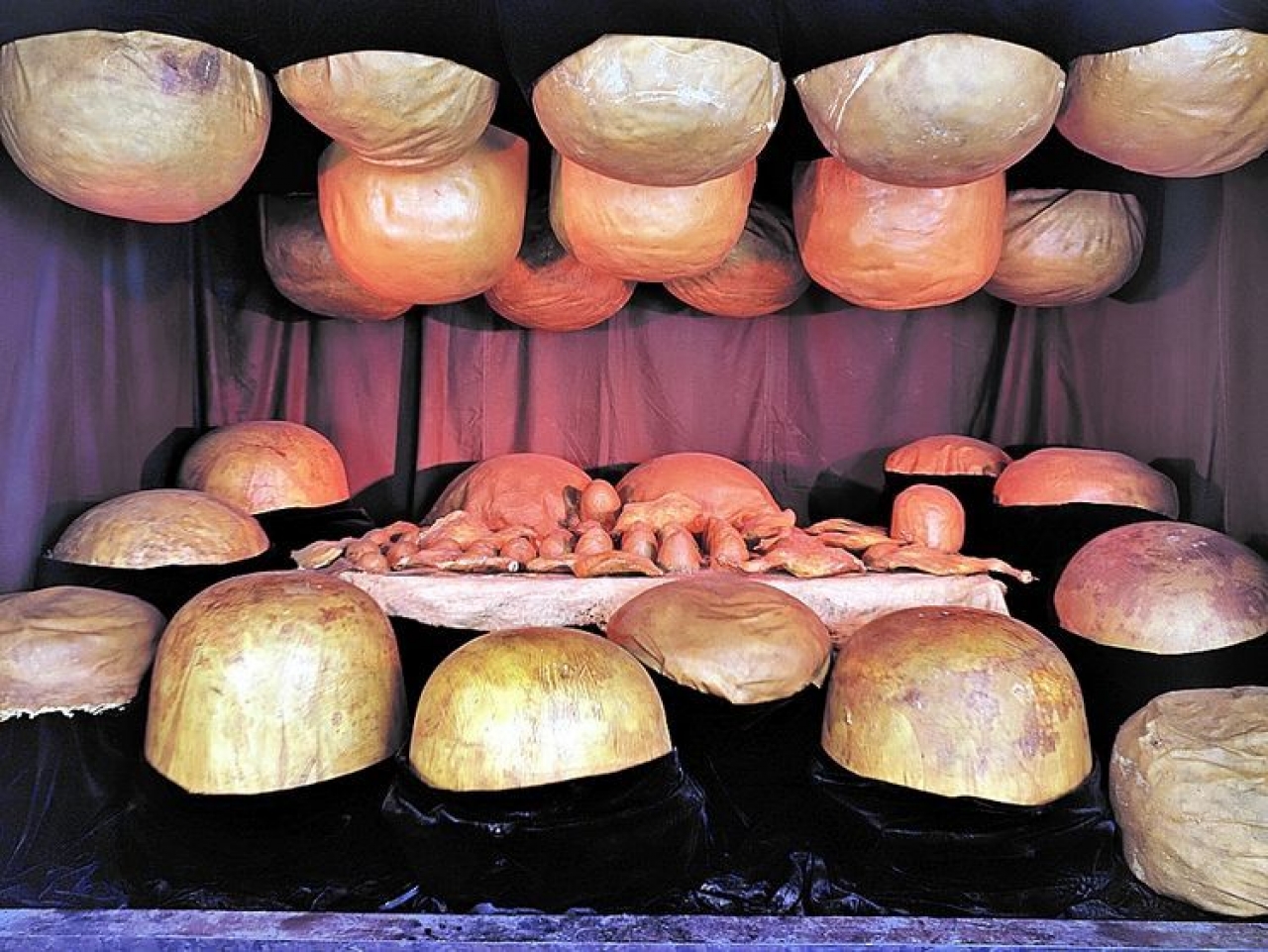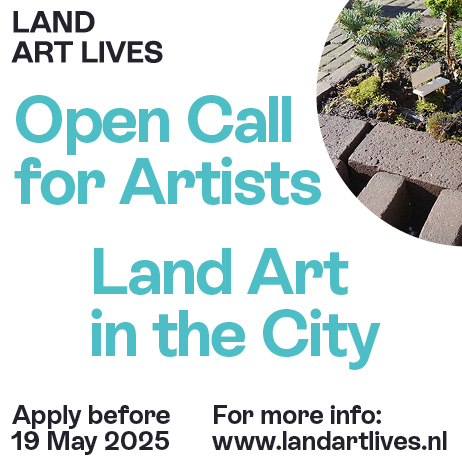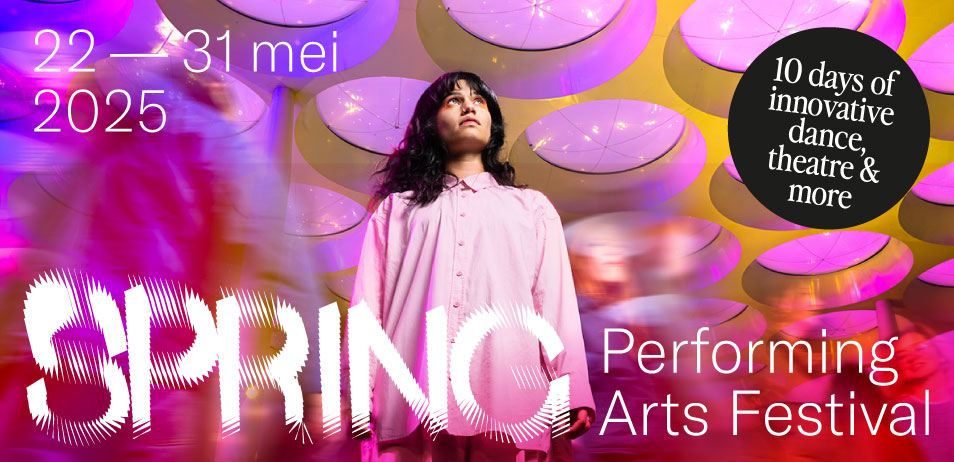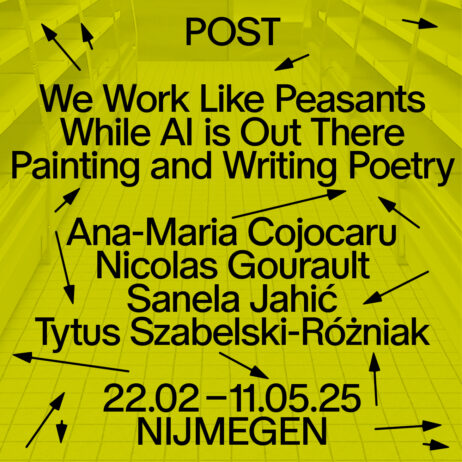Leesgroep ‘The Art of Feminism’ met Zippora Elders
Op dinsdag 12 maart om 19.00 organiseert mister Motley in samenwerking met ArtEZ Studium Generale alweer de zesde feministische leesgroep in Walter books met curator en schrijver Zippora Elders. Iedereen is welkom deel te nemen. Geef je van te voren op door te mailen naar studiumgenerale@artez.nl
Procreation, privilege and politics: on the future of reproduction
Één van Sylvia Plaths (1932 – 1963) laatste gedichten schreef ze over/aan haar kind Nicholas Hughes:
You are the one
Solid the spaces lean on, envious.
You are the baby in the barn.
Nick and the Candlestick
I am a miner. The light burns blue.
Waxy stalactites
Drip and thicken, tears
The earthen womb
Exudes from its dead boredom.
Black bat airs
Wrap me, raggy shawls,
Cold homicides.
They weld to me like plums.
Old cave of calcium
Icicles, old echoer.
Even the newts are white,
Those holy Joes.
And the fish, the fish—
Christ! they are panes of ice,
A vice of knives,
A piranha
Religion, drinking
Its first communion out of my live toes.
The candle
Gulps and recovers its small altitude,
Its yellows hearten.
O love, how did you get here?
O embryo
Remembering, even in sleep,
Your crossed position.
The blood blooms clean
In you, ruby.
The pain
You wake to is not yours.
Love, love,
I have hung our cave with roses,
With soft rugs—
The last of Victoriana.
Let the stars
Plummet to their dark address,
Let the mercuric
Atoms that cripple drip
Into the terrible well,
You are the one
Solid the spaces lean on, envious.
You are the baby in the barn.
(HarperCollins Publishers Inc, 1992)
Op 19 maart 1815 schreef Mary Shelley (1797 – 1851), auteur van Frankenstein, or, the modern Prometheus (1818), in haar dagboek:
‘Dream that my little baby came to life again; that it had only been cold, and that we rubbed it before the fire, and it lives. I awake and find no baby — I think about the little thing all day.’
(New York: Oxford Unversity Press 1987, p. 70).
Hoe verhoudt het (kunnen) maken van kunst zich tot het (kunnen) voortbrengen van nieuw leven?
In deze leesgroep gaan we in dialoog over de toekomst van voortplanting. Hoe verhoudt het (kunnen) maken van kunst zich tot het (kunnen) voortbrengen van nieuw leven? Wat betekent zwangerschap voor de ervaring van het zelf? In hoeverre is de wens of het vermogen om voort te planten een verbinder en verdeler, een verzwakker en versterker? Hoe vormen tradities, commercie en woordgebruik rondom ouderschap en voortplanting de positie van hen die zich niet natuurlijk kunnen of willen voortplanten? En op welke manieren zijn we om ons voort te (willen) planten afhankelijk van heteronormatieve, neoliberale of postkoloniale structuren? Is de toekomst van voortplanting een collectieve verantwoordelijkheid? – ZE
We lezen van te voren:
- Merve Emre, On Reproduction (2018)
- Sammenvattend artikel van Jann Ruyters over ‘A Cyborg Manifesto (1985) -Donna Harraway’
Optioneel:
- Shelley Jackson, Patchwork Girl (1995)
- Donna Harraway, A Cyborg Manifesto (1985)
Voertaal: Engels/Nederlands.
Hopelijk tot dan!




